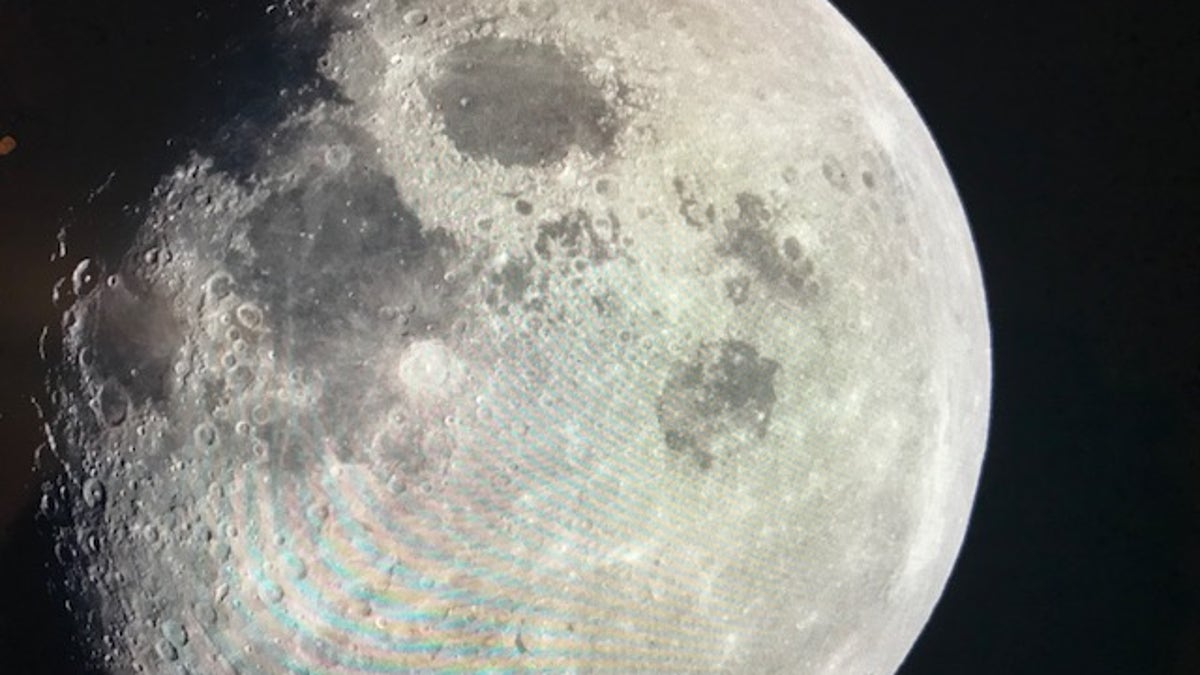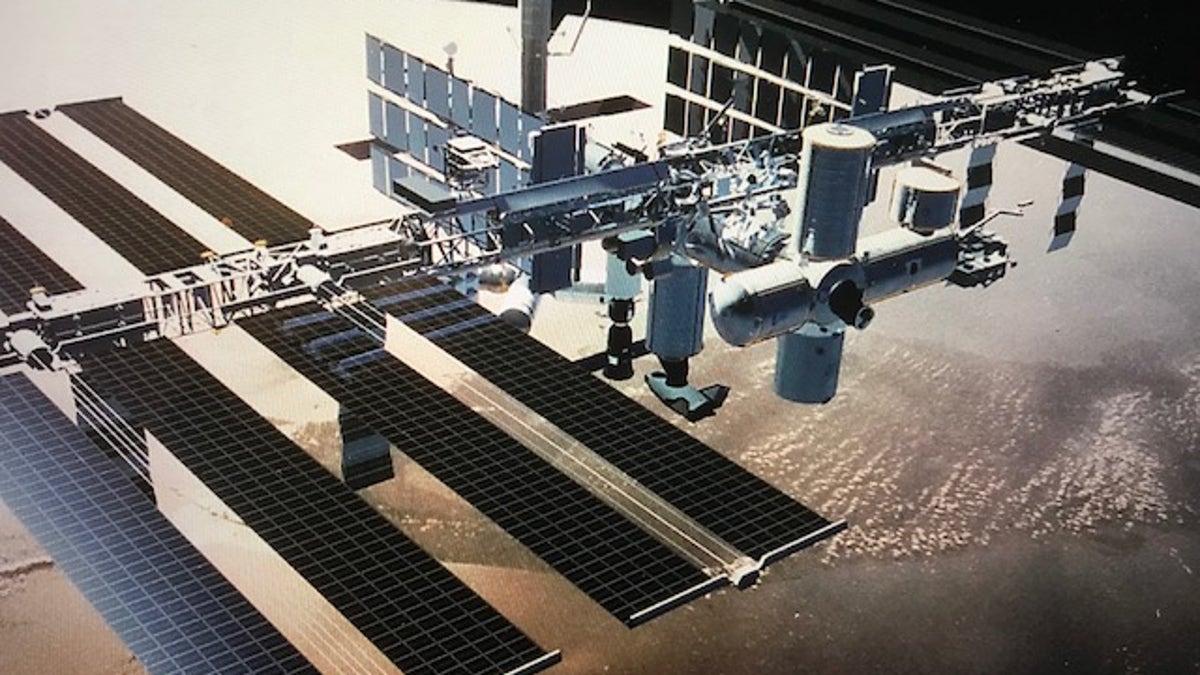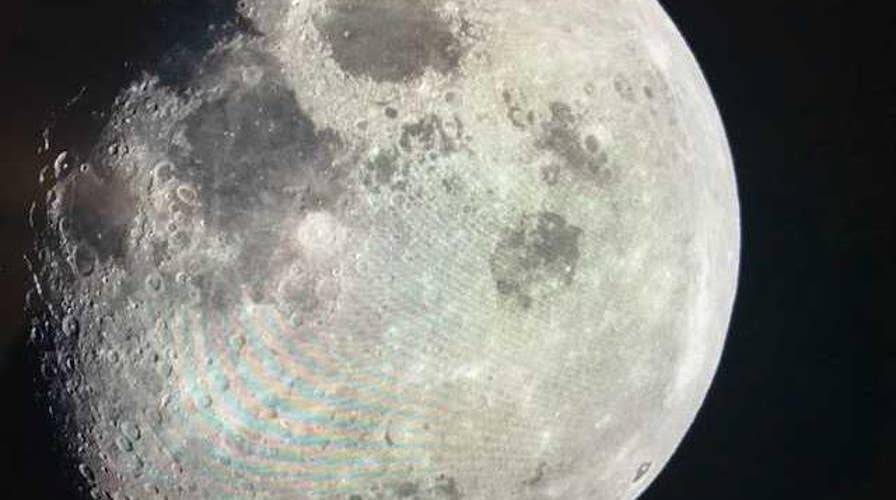NASA budget proposal focuses on deep space exploration
NASA is renewing its focus towards human exploration in deep space.
Nearly 50 years after Apollo 11 astronauts Neil Armstrong and Buzz Aldrin made the first human landing on the moon, NASA said it’s renewing its focus so that similar missions can become a reality a once again.
“For exploration, NASA’s budget proposes $10.5 billion with a primary focus on three areas of our exploration campaign – lunar and deep space, low earth orbit commercialization, and exploration research and technology,” said Robert Lightfoot Jr., NASA’s acting administrator.
The 2019 budget proposal allocates $4.5 billion for deep space exploration initiatives – a $374 million increase from the agency’s 2017 fiscal year.
This would support robotic missions to the moon, develop the Space Launch System and the Orion spacecraft, and build momentum to lead humans around the moon in 2023. This would be the first human mission to the moon since 1972. The agency said it would be a stepping stone to more ambitious goals.

NASA says it's aiming to lead the return of people to the moon by mid 2020's. (NASA)
“We are on a path to return to the moon with an eye towards Mars,” said Lightfoot.
The proposal also provides nearly $5.9 billion for science, about $133 million more than what the agency had received in the 2017 fiscal year. The money would fund the next Mars rover launch in 2020 and a Europa clipper mission to fly over Jupiter’s moon Europa in 2025.
Finally, it terminates federal funding for the International Space Station by 2025, providing support instead for public private partnerships. To support that, the budget proposes a $150 million investment to encourage the U.S. space industry development of capabilities for Low Earth Orbit.
“The budget places NASA and the United States once again at the forefront of leading a global effort to advance humanity’s future in space,” said Lightfoot.
But, after taking a look at the numbers, former NASA astronaut Leroy Chiao was disappointed. At $19.9 billion, the president’s budget request represents an overall $400 million increase from its current annual funding – not enough to fund what the agency says it wants to do.

NASA's budget proposal would terminate federal funding for the International Space Station by 2025. (NASA)
“You know there’s an old saying, no bucks, there’s no Buck Rogers. That’s what it is,” said Chiao.
He argued the agency wouldn’t even see savings from privatizing the Space Station until years down the road.
“It takes money to shut contracts off, dispose of hardware, kind of blend everything back in. So, you’re going to be spending money for a few years,” he said.
Chiao, who helped launch the ISS, said the station promotes research on how space affects the human body and should be seen a crucial component of space exploration.
George Abbey, a senior fellow in space policy at Rice University’s Baker Institute agreed. He said NASA is at a crossroads.
“It’s a matter, really, of whether we’re going to step up and be leaders and go lead the way or are we going to let these other nations go on their own?” said Abbey.
If the agency wants to make a leap, he and Chiao believe the administration must be willing to take a step.

